Meditation Snacktime - The Body Scan
During this body scan meditation we spend 15 minutes exploring the breath and body.
When we pay attention to the breath and body we create a deeper connection with ourselves. This connection can reduce pain, improve the immune system, and increase compassion.
Music: Adrift, by Christopher Lloyd Clarke, from his website of the same name. Licensed by Enlightened Audio.
About Soul Academy, PLLC Welcome to Soul Academy, where we mix up the magic of meditation, Reiki, and coaching to help you rock a happy, fulfilling life. Our mission is to help you unlock the secrets to a content and fulfilling life by harnessing the power of your mind-body connection. Dive into the calming abyss of meditation, embrace the nurturing energy of Reiki, and team up with our coach to rediscover balance, harmony, and your inner zen. We know that life can be a rollercoaster, so we're here to help ladies aged 24 and above who need a little extra support to tackle stress, anxiety, depression, or ADHD symptoms. Together, we'll take an integrative approach to co-create a plan for success and inner peace. And last but not least, I'm Susan, your guide on this journey. I've got the professional know-how to support you every step of the way. Yoga Alliance recognized Experienced Yoga Teacher (E-RYT), since 2004 |
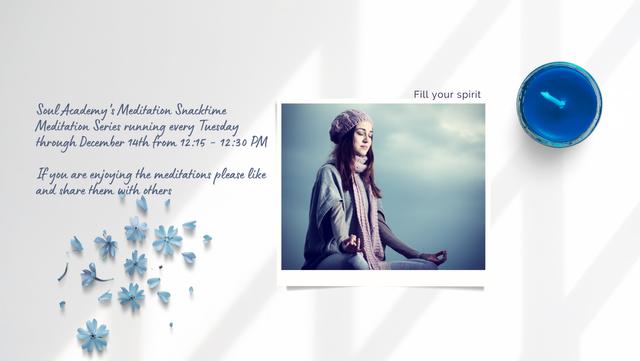
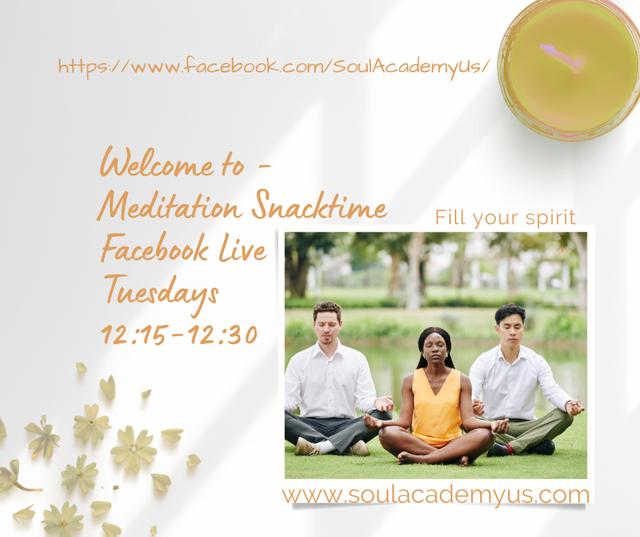
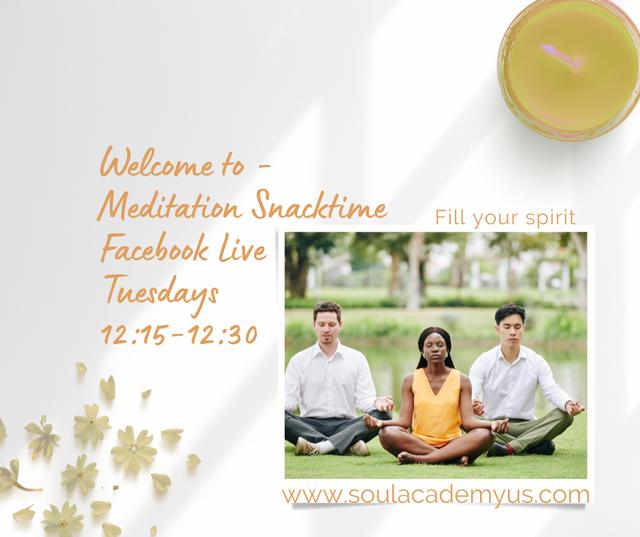
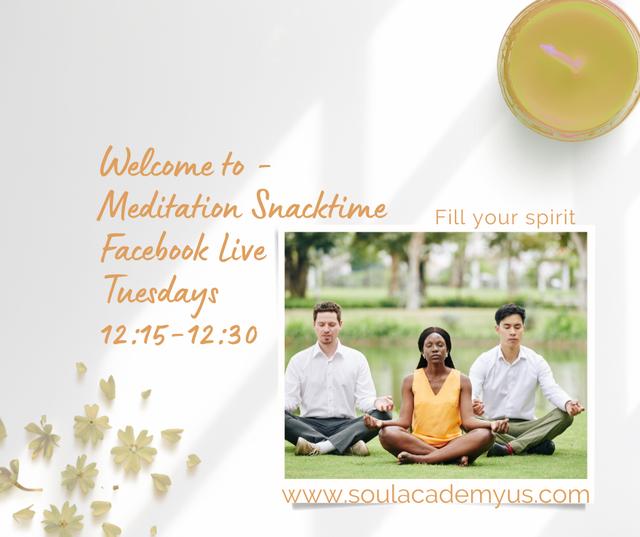
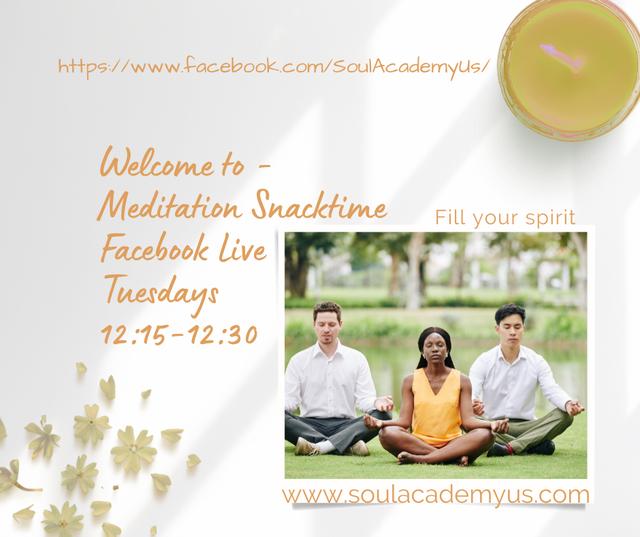
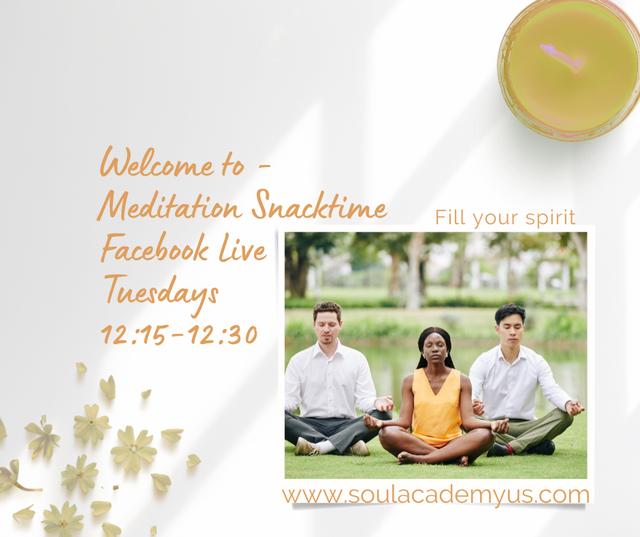
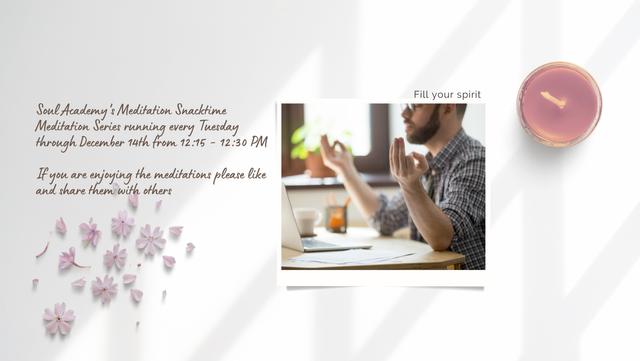
Soul Academy, PLLC doesn’t have reviews yet.
Click the button below to leave the first one!
Be the first to post a message!